Table of Contents
What Led to the Ban of Pixel 7 in Japan?
On June 24, 2025, the Tokyo District Court decided that Google’s Pixel 7 and Pixel 7 Pro smartphones violated a standard-essential LTE patent held by South Korean company Pantech. The patent relates to how wireless “acknowledgement” (ACK) signals are sent to base stations. Following this ruling, the sale, import, promotion, and display of the Pixel 7 series have been completely banned in Japan. This is the first case in Japan where a market-wide ban has been imposed on a standard-essential patent.
The court also criticised the “insincere attitude” (disrespectful or uncooperative behaviour) of Google, which resulted in the court imposing a full ban instead of just a financial penalty.
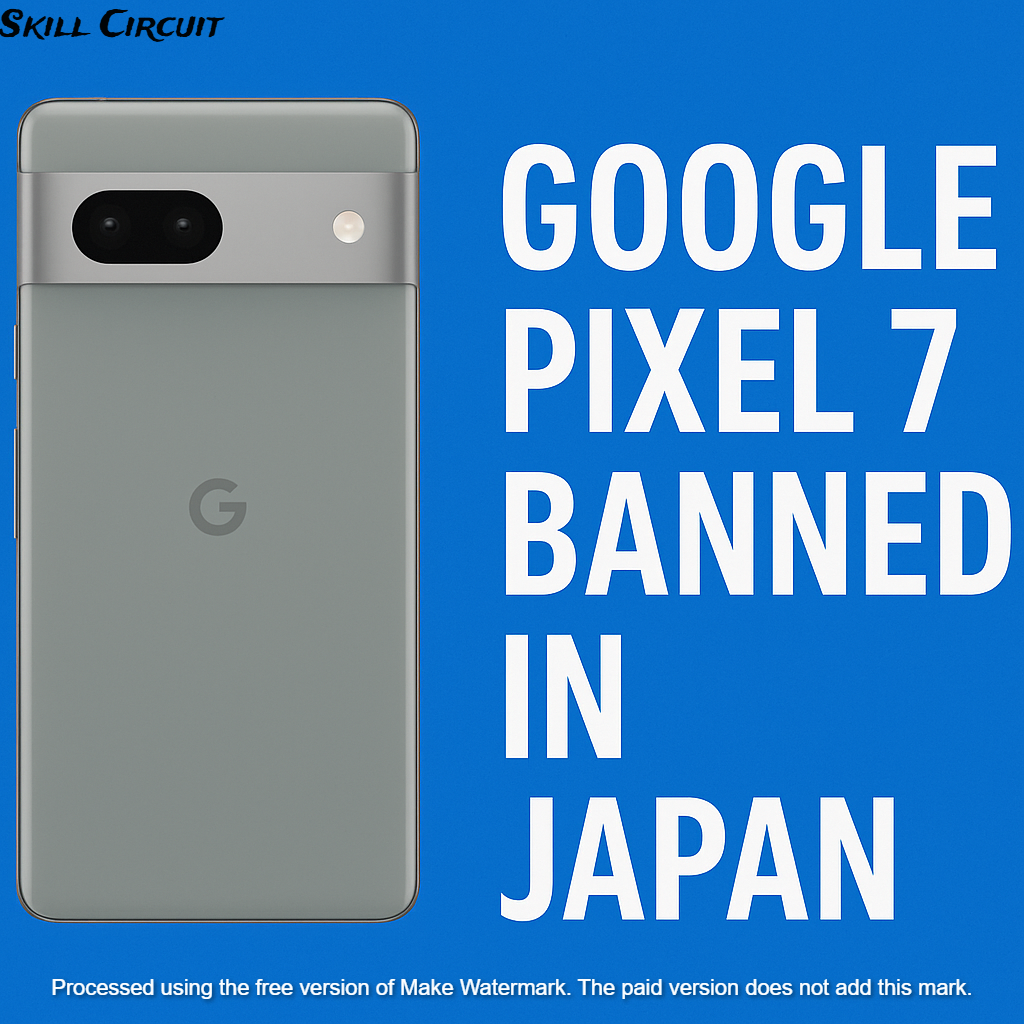
Why This Patent Is So Crucial
Standard-essential patents (SEPs) are the backbone of international technologies like 4G LTE. They must be licensed on fair, reasonable, and non-discriminatory (FRAND) terms. The court’s finding means that Google used Pantech‘s method without a license. Anyone violating FRAND terms in the global telecom market faces serious legal consequences—such as this unprecedented ban.
In the tech world, LTE communication patents can give rise to lawsuits that affect not only sales but also imports, displays, and promotional activities—like what is now happening in Japan.
Why Japan, and Why Now?
While patent enforcement can vary from country to country, Japan’s move stands out because this is a standard-essential patent case, not a minor feature or design dispute. Android Central noted that this is a fairly unusually rigid decision for Japan: the court’s harsh language and preparation to enforce the ban set a new legal precedent.
On the other hand, many countries rarely impose full product bans in such cases. But Japan’s licensing frameworks make this historic ruling an easy path.
Impact on Pixel 7 and Google’s Future Strategy
Google have yet to clarify which path they’ll take.
- Immediate Effect: Google will now immediately remove the Pixel 7 series from all platforms in Japan—this includes public displays, advertisements, stores, and imports.
- Wider Implications: Pantech, which is supported by IdeaHub, is now targeting the Pixel 8 and the upcoming Pixel 9 series under the same violation. This has increased the threat of the ban being extended even further.
- Market Concerns: In Japan, the Pixel has recently overtaken Apple’s iPhone to become the second-most popular smartphone. But if this continues for too long, it could lose the momentum.
- Strategic Options for Google
- Appeal: Challenge the court’s decision—but this could be a long and uncertain process.
- Negotiate Licensing: Enter into an agreement with Pantech/IdeaHub on FRAND licensing terms.
- Redesign: Changing modem implementations so that disputed patents are not used—this process will be complex and time-consuming.
Broader Industry Significance
- Dormant companies that hold valuable SEP portfolios (such as Pantech) are now using their patent holdings to generate revenue—with a direct impact on active manufacturers.
- This clearly shows that no matter how big a global tech giant is, they will need to always remain vigilant when it comes to essential patents, especially modems and communications stacks.
This video offers a concise breakdown of what happened, how Japan differs legally, and what next steps Google might take.
Frequently Asked Questions (FAQs)
1. Which models are affected?
Currently only the Pixel 7 and Pixel 7 Pro are banned in Japan. The Pixel 8 and the upcoming Pixel 9 haven’t been made yet but are under legal scrutiny.
2. Why was the ban imposed?
Google allegedly used Pantech‘s LTE acknowledgement (ACK) transmission method without a license. This SEP violation triggered Japan’s first such product removal.
3. What is the impact on Japanese consumers?
People already using Pixel 7 can use the device. But:
- Purchasing new phones is not possible.
- Promotion, import, and display are no longer allowed until Google resolves the issue.
4. Are Pixel 8 and Pixel 9 also at risk?
Yes. Pantech and IdeaHub are allegedly bringing charges of licensing violations on upcoming models as well. If the court agrees, the legal ban could expand.
5. Can other countries also follow Japan?
Possibly. If Pantech applies the same legal arguments globally, Pixel sales could face even broader bans—especially in countries where SEP enforcement is strict. Google could have to make global licensing or design changes.
6. What can Google do now?
Options:
- Appeal under Japanese law.
- Negotiate a licensing deal** to resolve infringement.
- Redesign the modem so that there is no patent conflict.
Each route is time-consuming and comes with financial risks.
Final Take
The Pixel 7 sales ban in Japan is not just a regional issue; it is a landmark case in the field of patent enforcement. It clearly shows how important the licensing of SEPs is, especially for connectivity tech like LTE, in global markets.
Future Pixel models are also in danger after this ruling, and Google is under pressure to reconsider its Japan strategy.
If Google either secures the license or redesigns the modem, some relief may be obtained—but that will take both time and transparency. Until then, Japanese consumers waiting for the new Pixels will have limited options—at least for now.

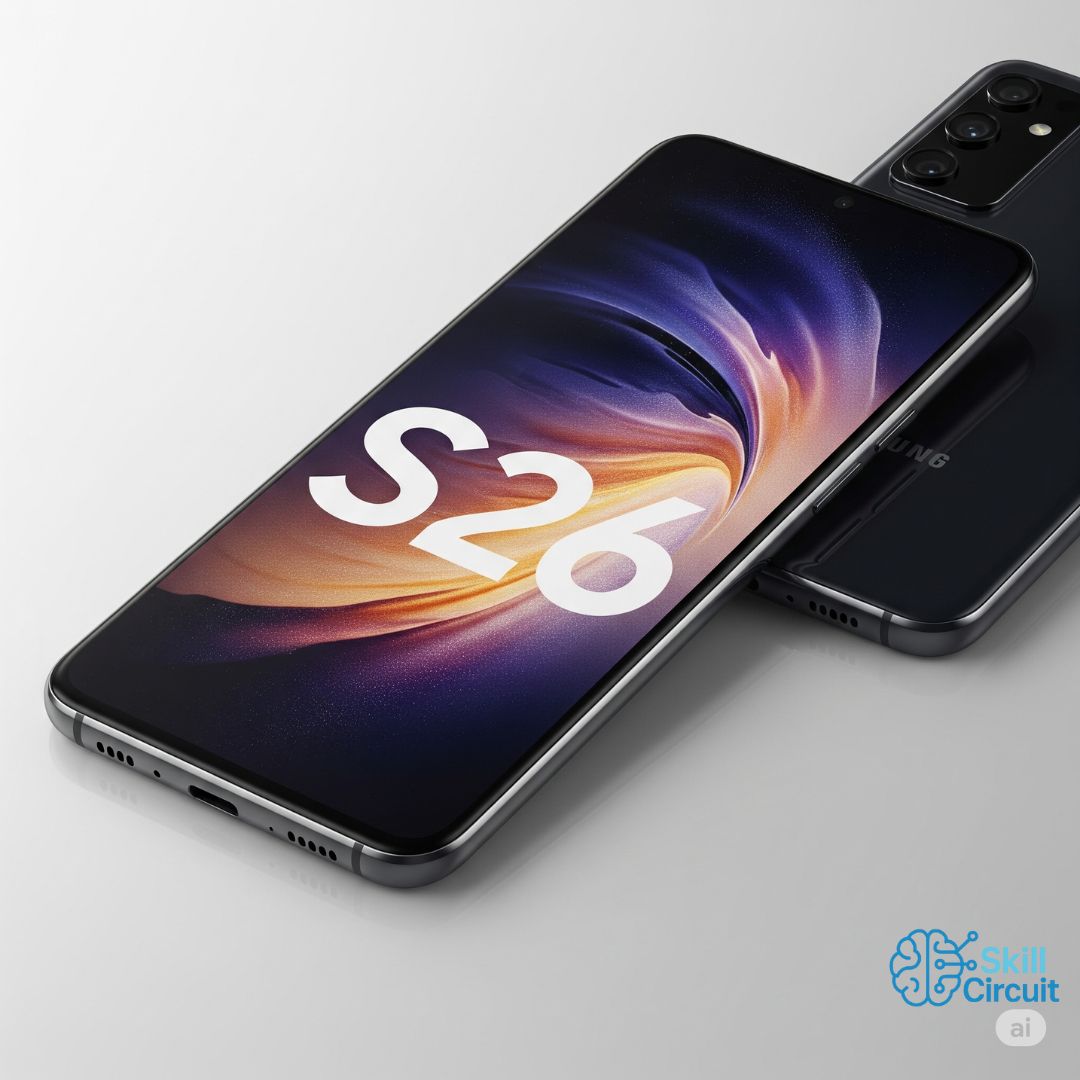

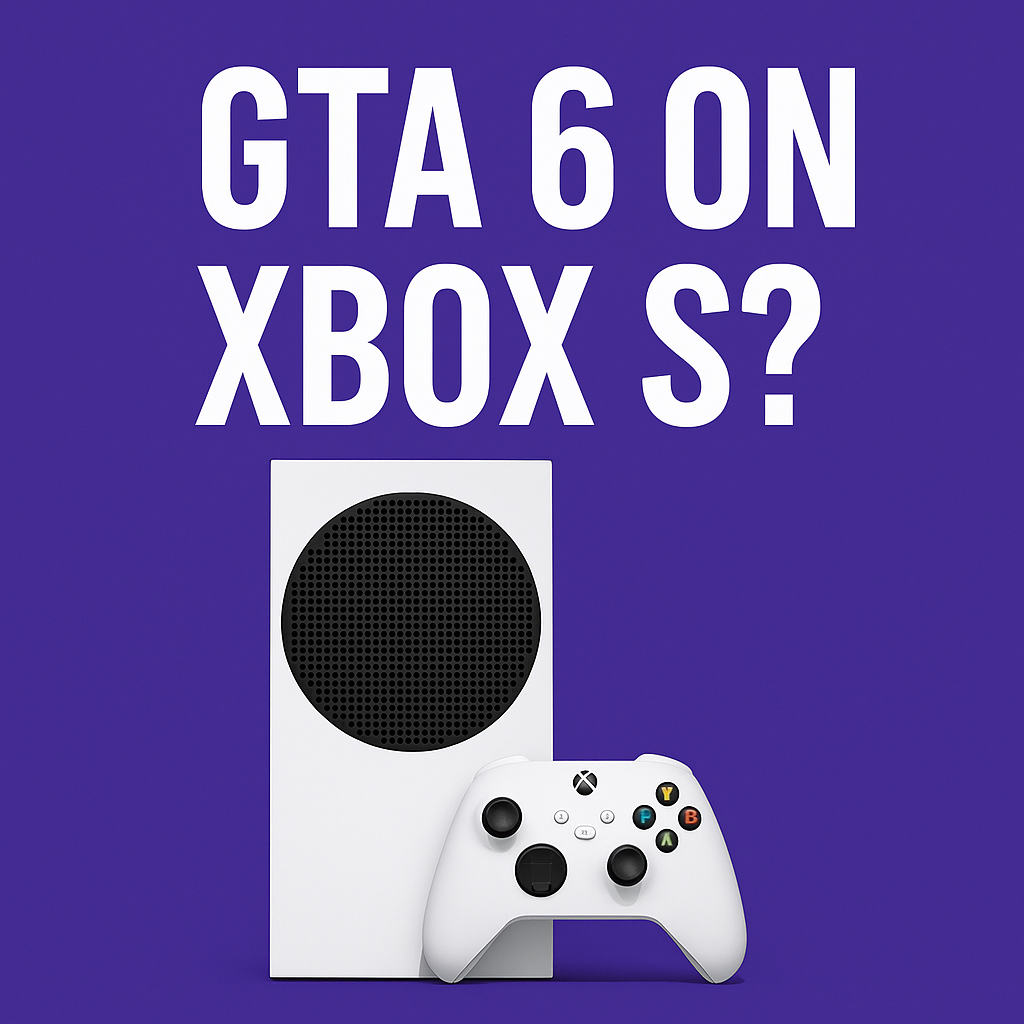
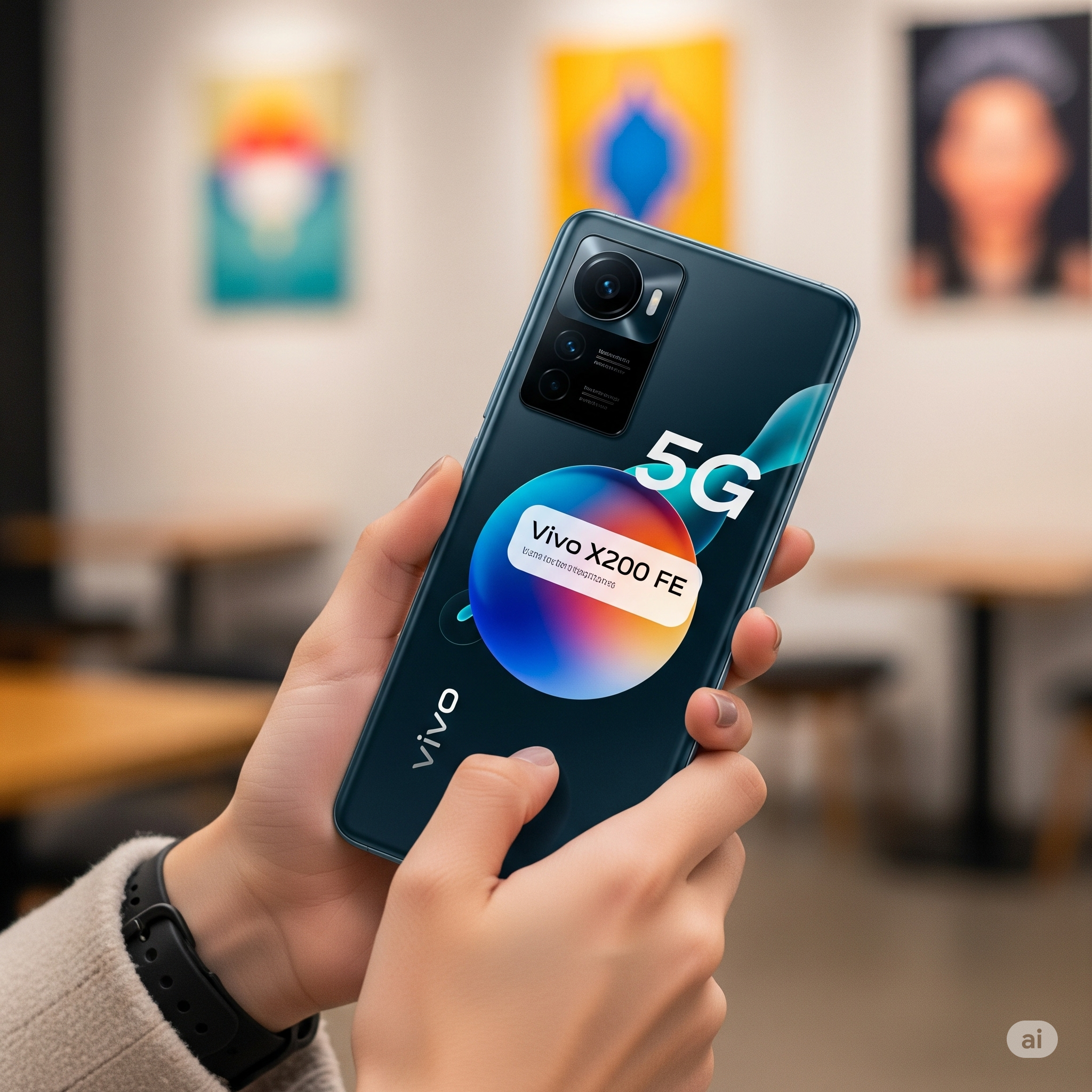




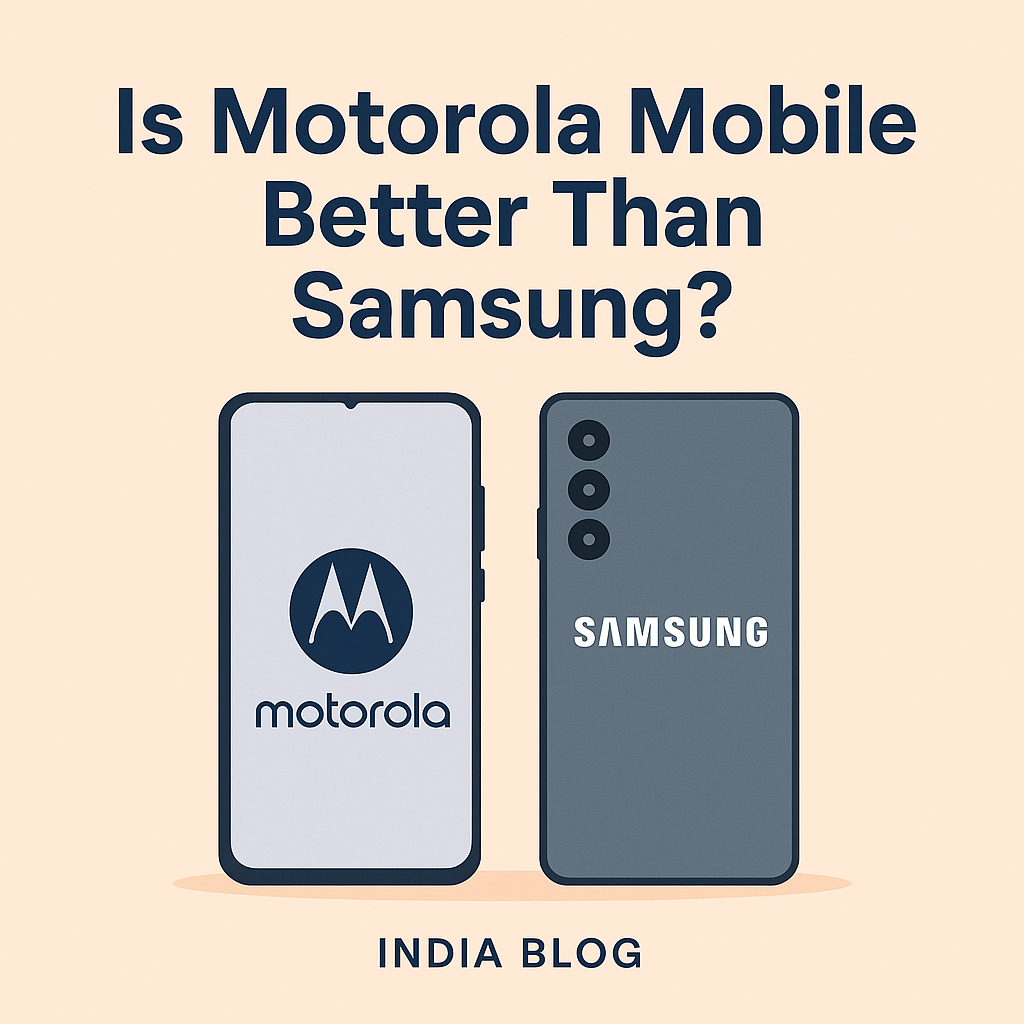
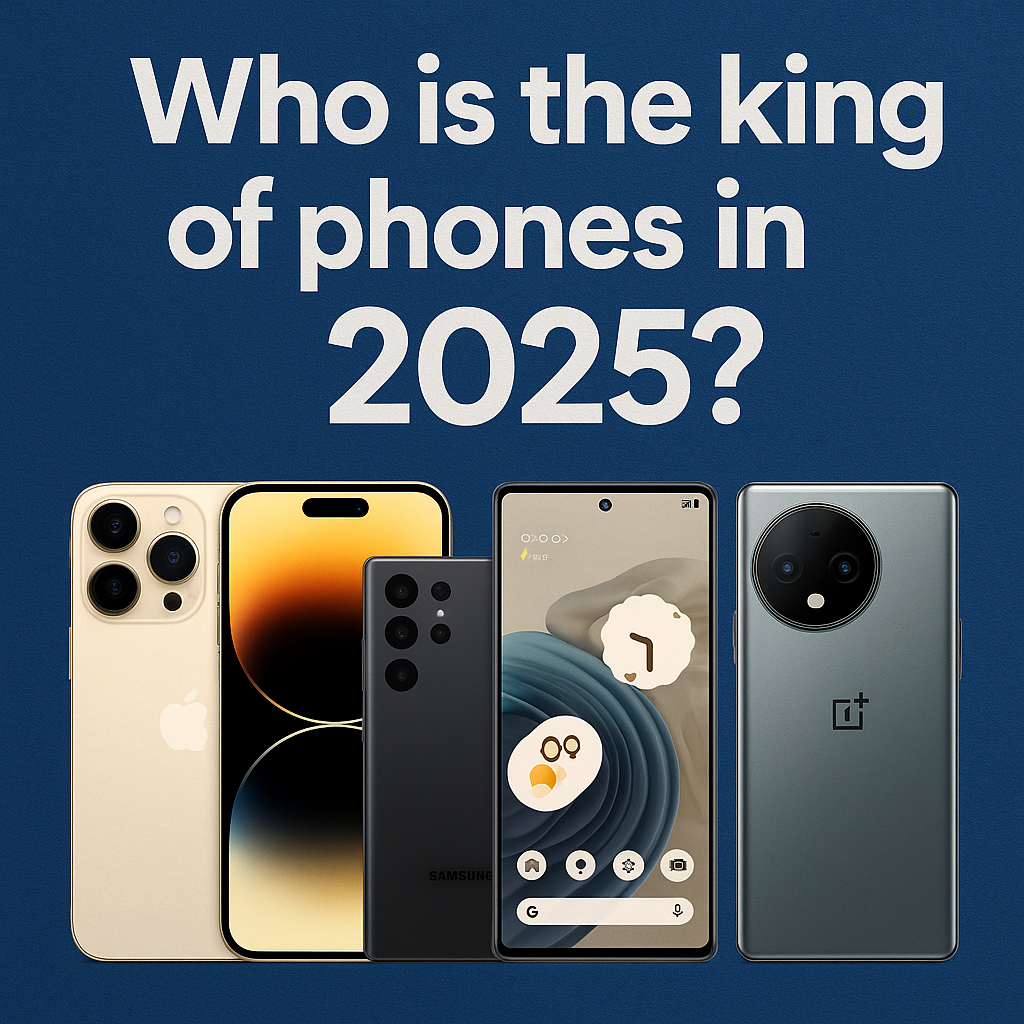
Leave a Reply